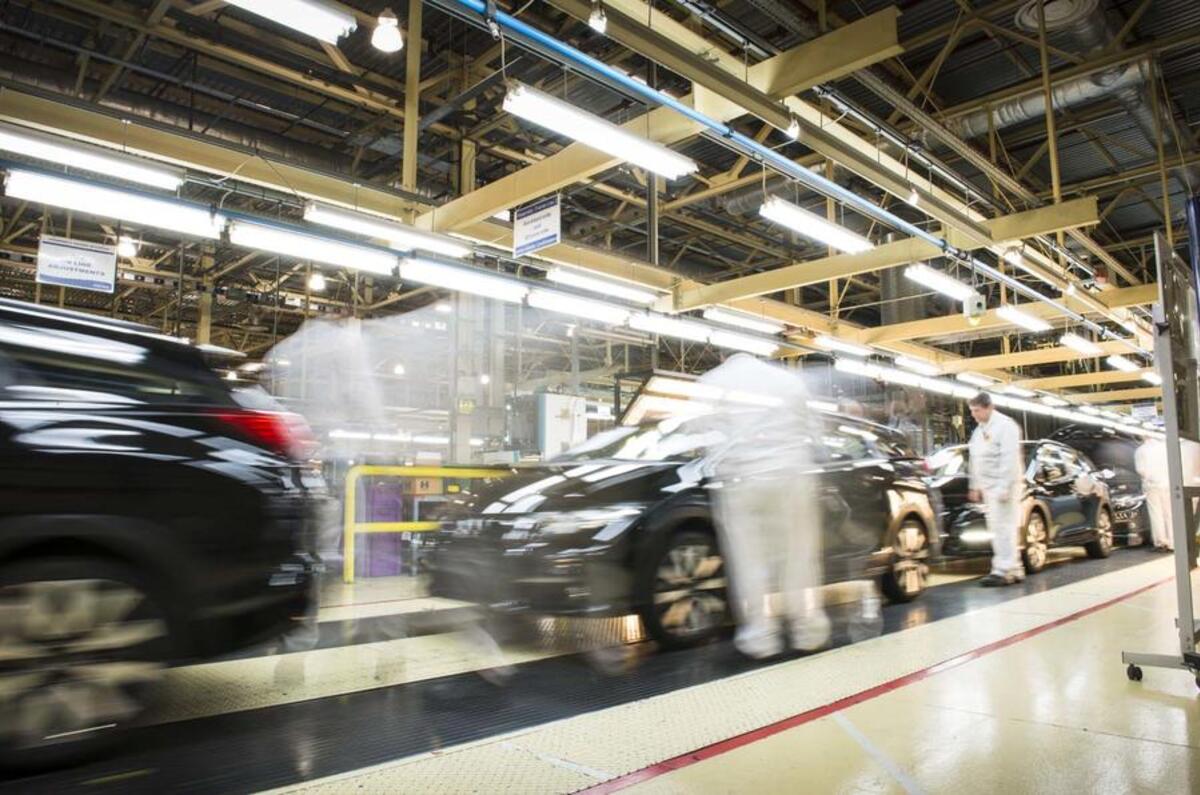Global car production could have reached its peak, according to the head of automotive parts supply giant Bosch.
The claim was made by Volkmar Denner as the German firm announced a review of its business – including job cuts – after a sharp fall in profits. However, he also said that the rise of alternative powertrains and new technology provided opportunity for further growth.
Bosch’s earning before interest and taxes fell year-on-year from £4.6 billion to an estimated £2.5bn.
Nearly half of Bosch's revenue comes from its mobility division, which supplies hardware and software to a number of major car makers. That meant the firm was hit by the downturn in worldwide car production; it's expected to dip by around 2.6% to 89 million vehicles this year, marking the third consecutive year of decline.
“It could well be that we have passed the peak of automotive production,” said Denner. He added that Bosch forecasts production to carry on declining, with no increases likely before 2025 at the earliest.
Bosch cut 6800 jobs last year, giving it a total workforce of 402,800, and Denner said the firm will “adapt its cost structures and workforce to the dramatic changes and overcapacity in the industry”.
However, he added that the “fundamental upheaval in the automotive industry”, including the rise of alternative powertrains, connected cars, mobility services and autonomous vehicles, will provide “great opportunities” for the firm in the future.
As a result, Bosch is investing £2.5bn in growth areas, including £423m in electric powertrains (including hydrogen fuel cells), £508m in autonomous systems and £85m in connectivity.
Bosch is particularly focused on fuel cell technology; it's working with Powercell to launch a hydrogen powertrain in 2022. It says it already has a buyer lined up for the system, which is initially focused on commercial vehicles.
Most car makers are currently focused on electric technology because it's the only way to meet tough CO2 targets introduced by regulators, but Denner called for policy makers to make future incentives “technology-neutral”.
Denner said that should include promoting development of carbon-neutral synthetic fuels, adding: “Legacy vehicles already on the road will also have to play their part in cutting CO2 emissions.”
READ MORE
Bosch reveals first production-ready long-range lidar









Join the debate
Add your comment
The plan.
Sounds like they've got it sorted then?